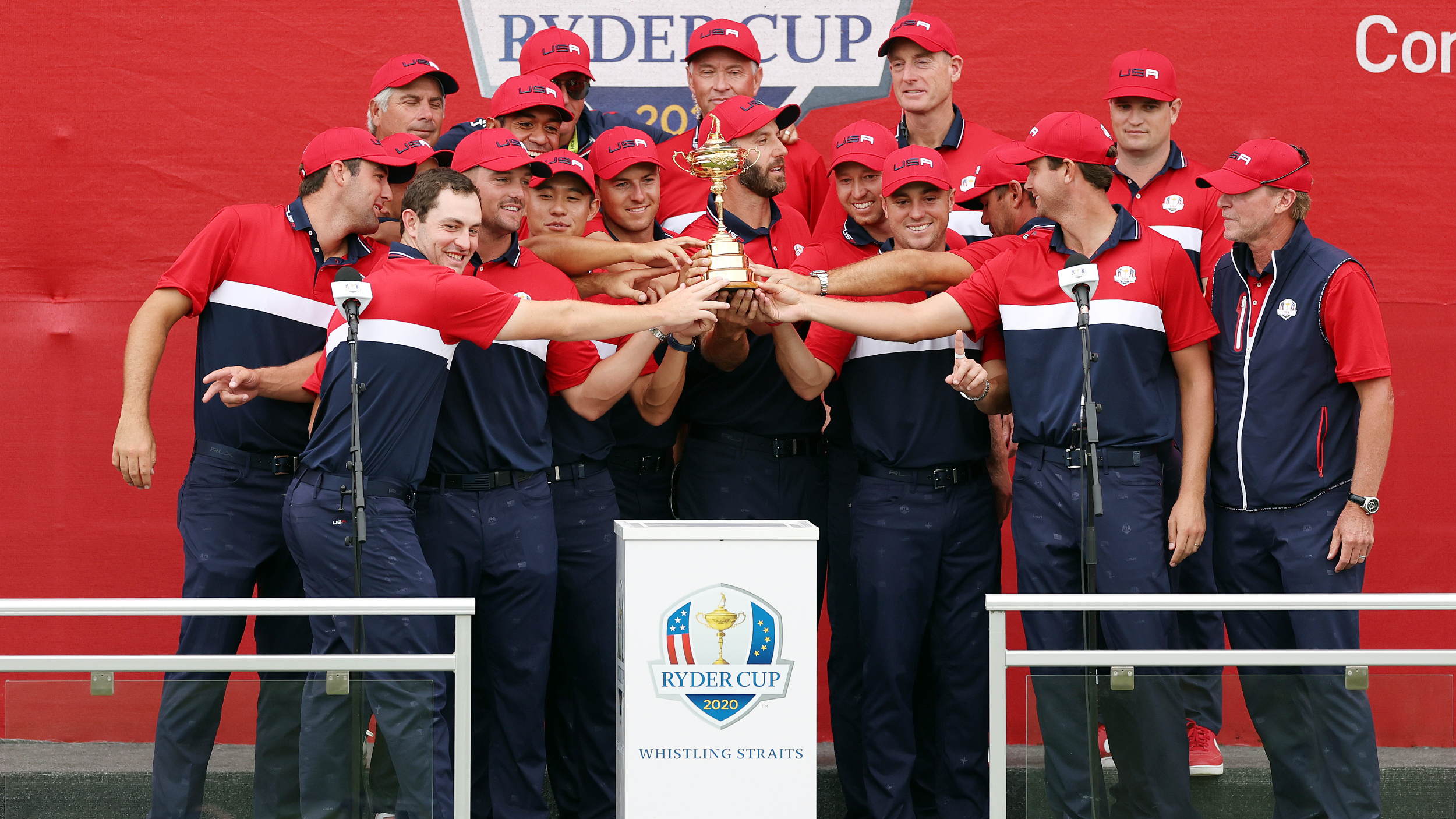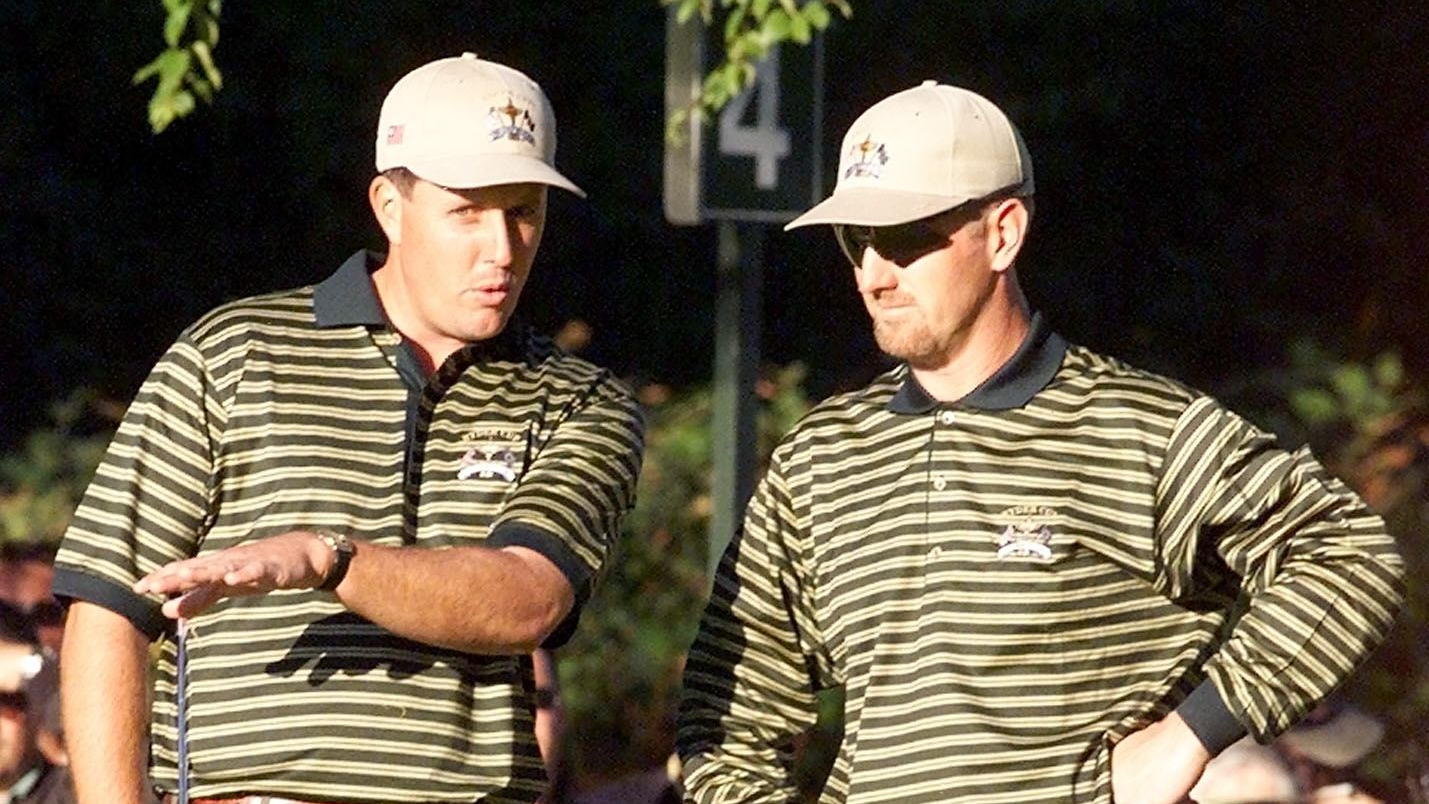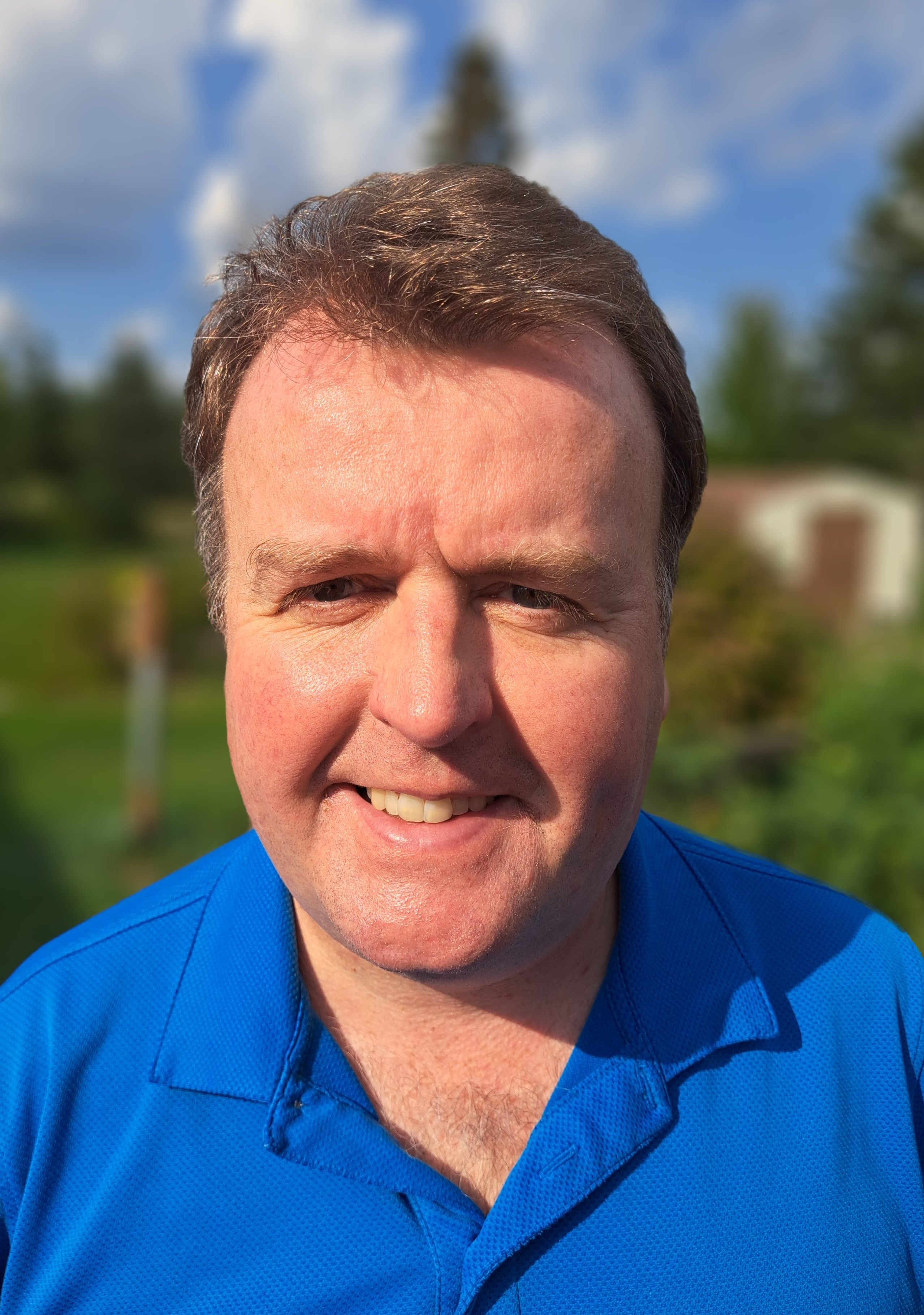Do Players Get Paid For Playing In The Ryder Cup?
We examine whether the US and European players receive payment for competing in the Ryder Cup

The Ryder Cup is well known as the ultimate team event in the game. Its huge popularity means it inevitably generates plenty of revenue thanks to lucrative TV and sponsorship deals. But does any of that money make its way into the bank accounts of those who compete in it?
While at various points throughout the Ryder Cup's history, players have received some form of compensation for their participation it, there is no official prize money for either the players or captain. Instead, they participate for the pride and legacy.
For the inaugural Ryder Cup in 1927, British players received money for travel and a kit allowance, but nearly a century on, that is no longer the case. However, European players are offered gifts from their captains that are paid out of the Ryder Cup pool - a tradition that Tony Jacklin began when he first captained Europe in 1983.
As for those on Team USA, the PGA of America puts aside a reported $200,000 for each player, with the money split evenly between educational charities chosen by the PGA of America and the other half given to charities chosen by the player.
In 2021, the PGA of America chose youth charities including the Drive, Chip & Putt Championship, the KPMG Future Leaders Program an PGA Junior League Golf for their half.
As for where players determine their $100,000 should go, it often heads to the foundation associated with the player. For example, in 2021, Steve Stricker donated his share to the Steve Stricker American Family Foundation.
However, it can be donated elsewhere should the player choose to do so. As another example from 2021, Daniel Berger donated $50,000 to Mia’s Miracles Foundation and the other half to St. Jude Children’s Research Hospital.
Subscribe to the Golf Monthly newsletter to stay up to date with all the latest tour news, equipment news, reviews, head-to-heads and buyer’s guides from our team of experienced experts.
Even that practice was only introduced after the "Battle of Brookline" in 1999, which was shrouded in controversy both on the course, and partly related to profits.
David Duval, Tiger Woods, Mark O'Meara, and Phil Mickelson all questioned where the reported $63m profit from the match went, and suggested that they'd like to donate their share of the revenue earned from what they saw as a corporate event.

Phil Mickelson and David Duval questioned the profits made at the 1999 Ryder Cup at Brookline
Due to the rules in place, the players weren't entitled to any of the money, but they managed to strike a deal with organisers to have an input on the donations.
As to where the money generated by the match goes, the PGA of America owns the rights to the Ryder Cup when the biennial match is played in the US, and it splits the profits at a 5:1 ratio with the DP World Tour. When the event is hosted in Europe, the DP World Tour claims 60 percent of the profits.
So, overall, while the Ryder Cup is one of the biggest money spinners in the game, and a small share of the revenue makes its way to the players in the form of gifts or for charitable donations, even to this day, none of the players or captains receive payment for appearing in it.

Mike has over 25 years of experience in journalism, including writing on a range of sports throughout that time, such as golf, football and cricket. Now a freelance staff writer for Golf Monthly, he is dedicated to covering the game's most newsworthy stories.
He has written hundreds of articles on the game, from features offering insights into how members of the public can play some of the world's most revered courses, to breaking news stories affecting everything from the PGA Tour and LIV Golf to developmental Tours and the amateur game.
Mike grew up in East Yorkshire and began his career in journalism in 1997. He then moved to London in 2003 as his career flourished, and nowadays resides in New Brunswick, Canada, where he and his wife raise their young family less than a mile from his local course.
Kevin Cook’s acclaimed 2007 biography, Tommy’s Honour, about golf’s founding father and son, remains one of his all-time favourite sports books.